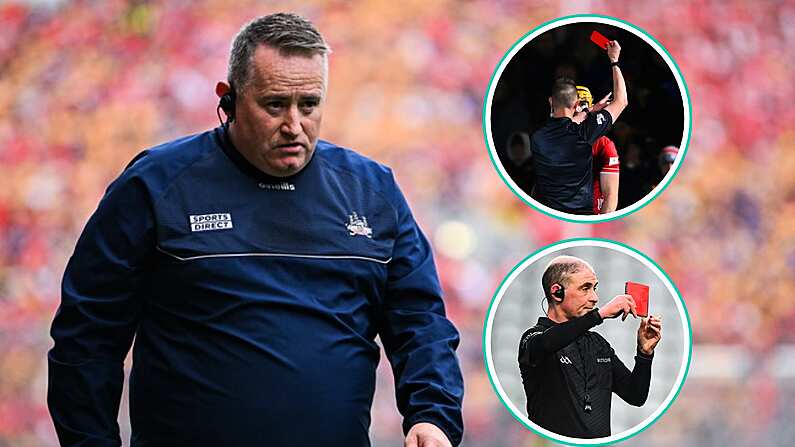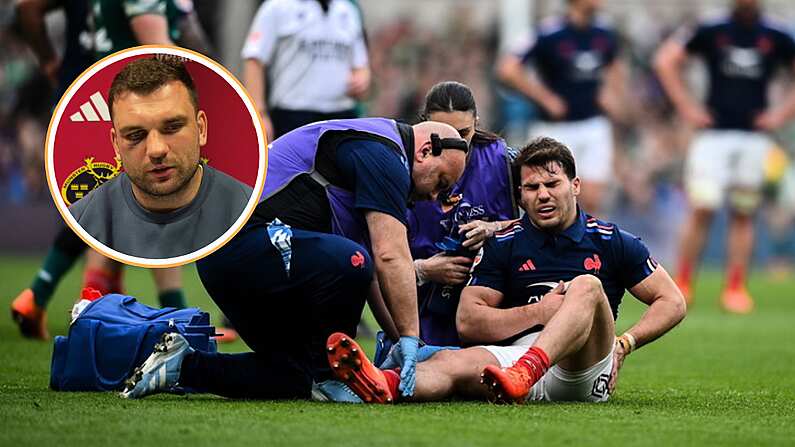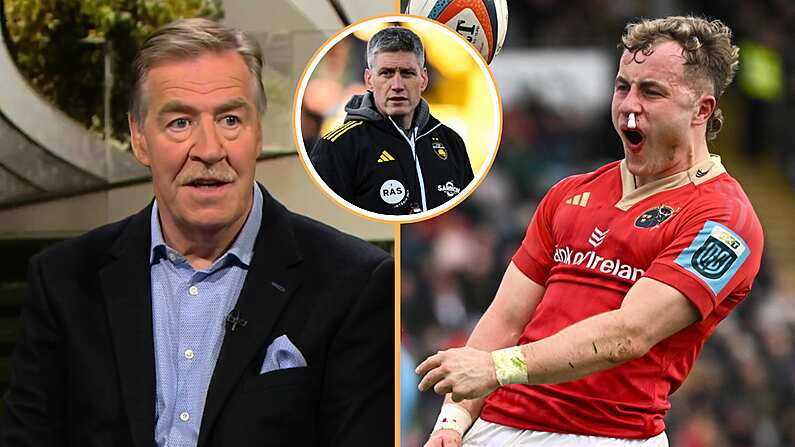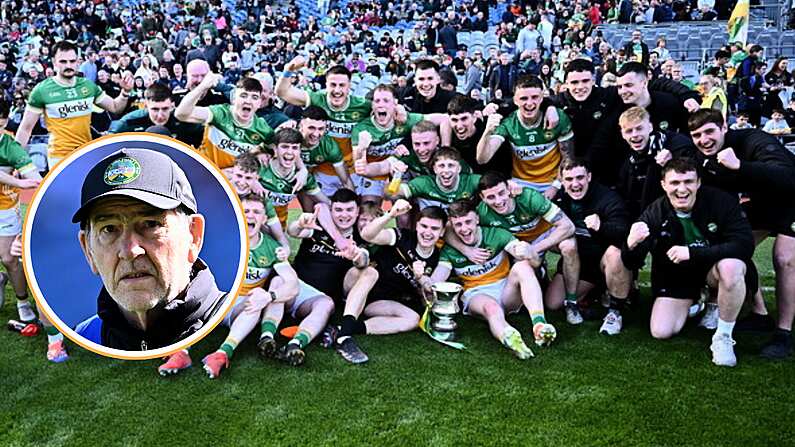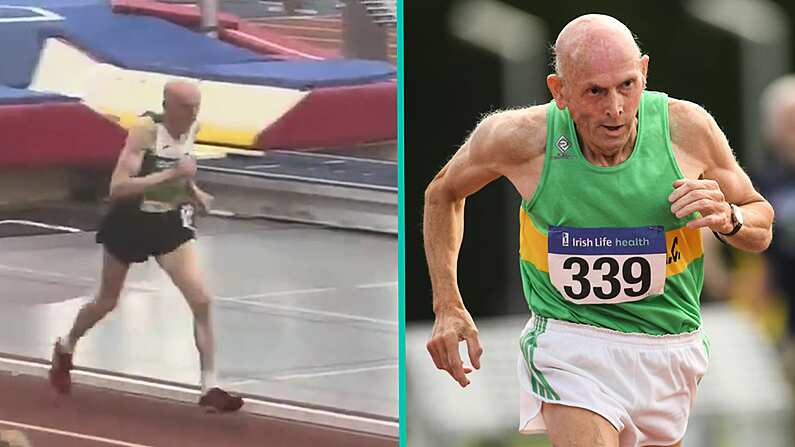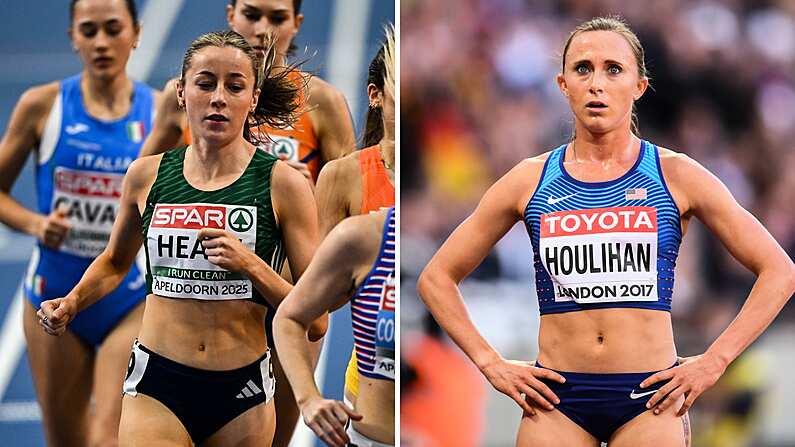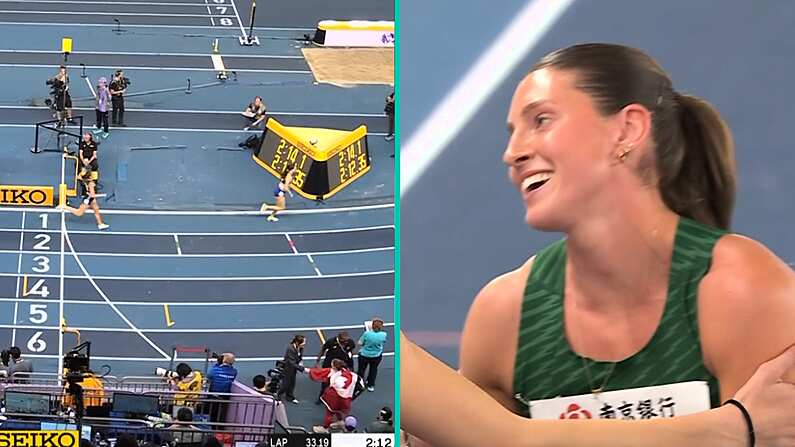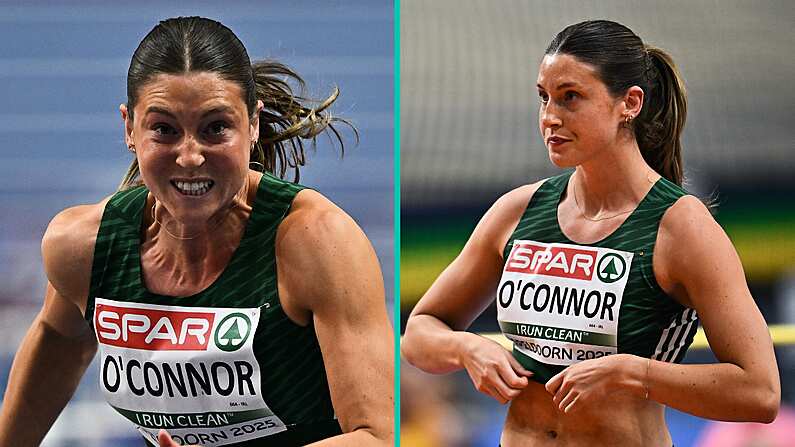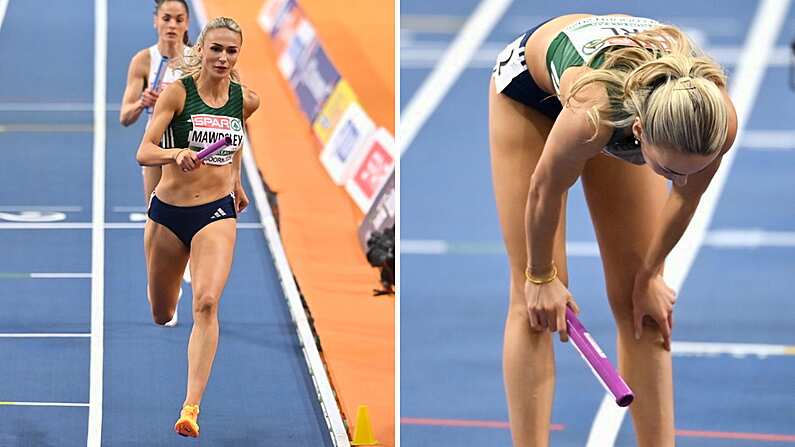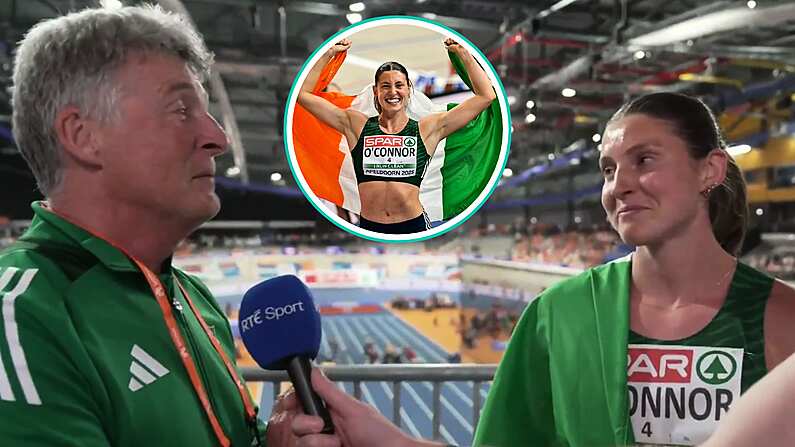The greatest trick the BBC have pulled this week is convincing the world that first place didn't exist. A week ago, they heralded Usain Bolt as the righteous man laid low by the nasty Justin Gatlin, and yesterday virtually ignored the winner of the men's 5000m (it was Ethiopia's Muktar Edris) to continue to fawn over their silver-medalling hero, Mo Farah.
The Beeb is the best broadcaster in the world, and should be judged by those standards, yet once again allowed their athletics coverage to descend to sycophancy, and last night viewers once again criticised the BBC Coverage of Mo Farah. Their coverage has consistently failed to critically analyse the questions marks surrounding Farah's career.
These surround relationships with Alberto Salazar and Jama Aden. Salazar has worked as his coach in the past, and was named in a BBC Panorama documentary last year in connection with doping violations. The documentary featured testimonies from people associated with Salazar about alleged micro-dosing of testosterone athletes involved in the Nike Oregon project. Salazar declined to comment and rejected the allegations. The Telegraph revealed in January of last year that Salazar would remain as an unpaid consultant with UK Athletics, and that he would only work with Farah.
The spotlight was back on Farah last summer after running coach Jama Aden was caught with EPO and other banned substances in Catalonia. Aden too has worked with Farah in the past, although Farah denied that the relationship was close, saying merely he held his stopwatch.
Such doubts surrounding Farah are exacerbated by the fact he missed two doping tests ahead of the 2012 Olympics, claiming he was asleep and did not hear the tester that arrived at his door in one instance.
The BBC, however, have become more interested in crowning rather than caveating his legacy. Rather than interview the winner (the BBC have first option on the post-race interview), they focused on Linford Christie (a man banned by the IAAF for failing a drugs test in 1999) taking a selfie with Farah post-race. Cheerleader-in-chief Steve Cram declared that "the one thing you can never question Mo Farah on is his spirit". Given the fact that Farah refused to take interviews with print journalists ahead of the championships, he evidently feels there is more than just that.
Overall, viewers were unimpressed:
BBC Coverage of Mo Farah
It will be an achievement but not a surprise if the BBC get through another evening of Farah coverage without a single mention of Salazar.
— David McIntyre (@DaveMcIntyreIRL) August 12, 2017
They're still doing this Mo Farah victory lap while the third round of the javelin is going on. BBC what the hell are you doing??
— Ronald McDonald's Clowny-ass name. (@durrellb) August 12, 2017
Great coverage of Mo's 5,000m lap of honour on BBC, with usual cheerleading. The poor fucker who actually won isn't getting a look in.
— Barry Glendenning (@bglendenning) August 12, 2017
BBC joking about Linford taking a selfie with Mo. Beyond satire.
— Kieran Cunningham (@KCsixtyseven) August 12, 2017
BBC at 3k: This is so slow, it is playing into the hands of Mo Farah. BBC afterwards: He hasn't the speed in his legs any more #punditry
— Owen Cowzer (@OCowzer) August 12, 2017
The BBC have a 13 minute Mo Farah lovefest on commentary and he finishes 2nd. Equal parts embarrassing & hilarious.
— Seán Sheehan (@SeanSheehanBA) August 12, 2017
The Mo Farah Appreciation Society currently commentating on the BBC need to take it down a notch.
— Shaun Brown (@shaunrbrown) August 12, 2017
An honourable exception goes to Dan Roan. In a report given a report to BBC News after the event, he mentioned Farah's legacy is marked by complications, notably the relationship with Salazar.
Farah ends his track career as a four-time Olympic champion with a record of ten golds and two silvers in major championships.


